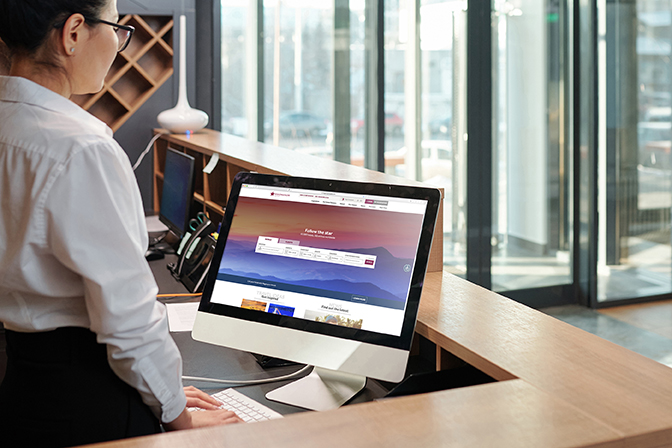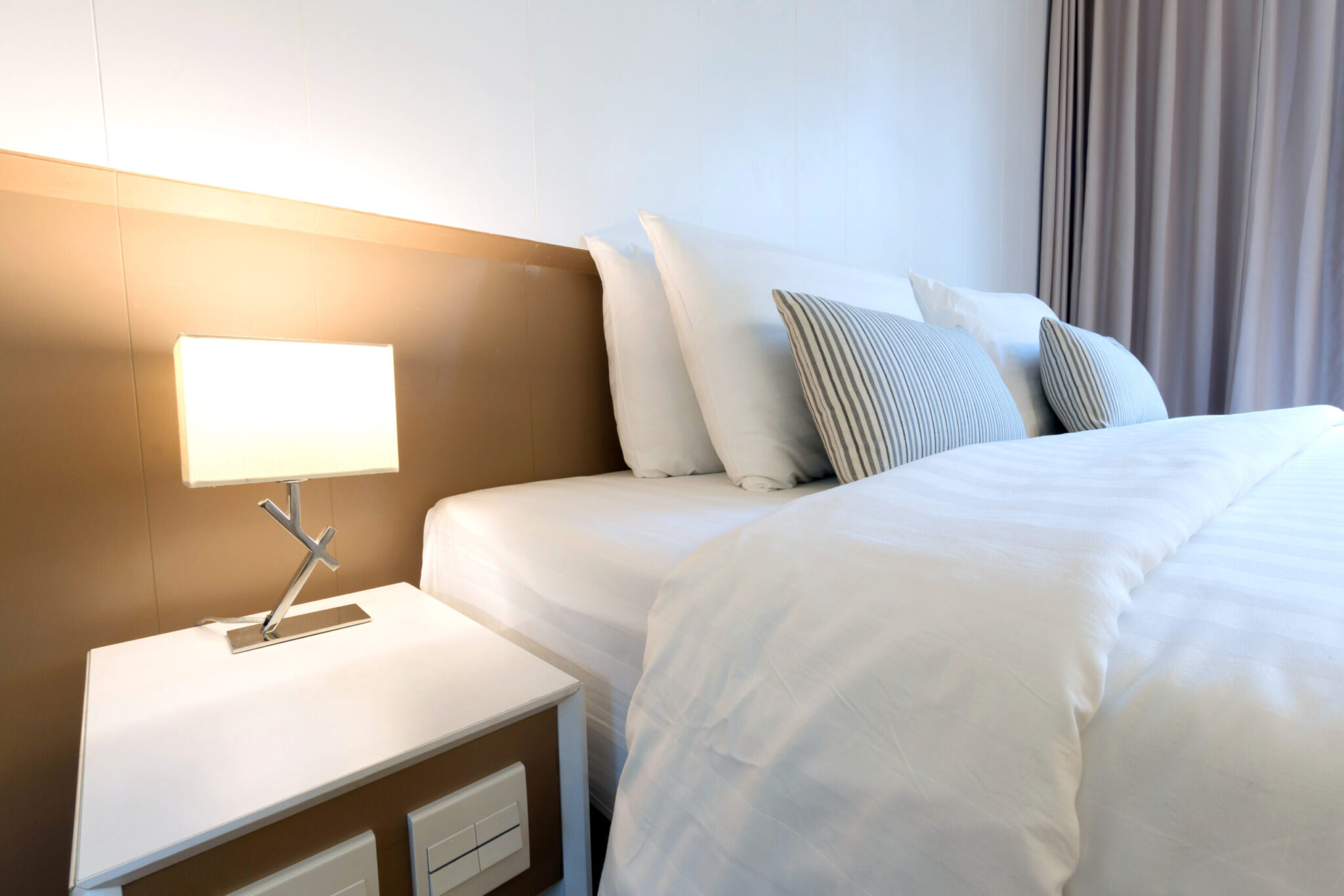By Thomas Magnuson, CEO of Magnuson Hotels
In the dynamic world of hospitality, the longing for the golden days of 2019 is palpable. Those were the times when the hotel industry was booming, and the influx of new supply was effortlessly absorbed by an insatiable demand. We reminisced about those days, unaware of the looming challenges and the unprecedented global shift that the pandemic would bring.
Navigating Through Uncertainty
The pandemic reshaped our perspectives, highlighting the resilience and adaptability required to navigate through times of uncertainty. The hotel industry, once halted by government restrictions, is now cautiously stepping forward. The challenges of yesterday still echo in today’s environment, reminding us of the importance of proactive planning and strategic agility.
The Evolving Competitive Landscape
Airbnb’s resurgence during the pandemic, with its $110 billion market capitalization and over 5.6 million listings, serves as a testament to the ever-evolving competitive landscape. The initial perception of Airbnb as a lesser threat, confined to the leisure segment, has been challenged. The reality is that competition in the hospitality sector extends beyond traditional boundaries, pushing hotels to innovate and adapt.
Embracing Legislative Changes
The hotel industry’s response to regulatory changes, such as those in Scotland requiring Airbnb hosts to license their properties, reflects a broader narrative of adaptation and resilience. However, the journey doesn’t end with legislation. The essence of competition and evolution cannot be stifled by laws alone. The industry’s focus must shift from resistance to reinvention.
Redefining Strategies for Success
At Magnuson Hotels, we believe in a hands-on approach to redefine success in this competitive era. Our strategy extends beyond traditional marketing efforts, diving deep into the essence of each hotel’s market to uncover unique opportunities for growth. Whether it’s engaging with local businesses or tapping into non-traditional sources of demand, our team is dedicated to ensuring our hotels thrive.
Transforming Challenges into Opportunities
Our commitment to transforming hotels from upper-economy to midscale segments is not just about repositioning; it’s about leveraging market knowledge and reducing acquisition costs. By understanding every facet of the business and embodying the versatility of a Swiss Army knife, hoteliers can navigate through challenges and seize opportunities.
The Road Ahead
The path forward is not about longing for the past but embracing the future with open arms and a strategic mindset. At Magnuson, we’re not just managing hotels; we’re crafting resilient futures, ensuring our partners are well-equipped to outperform, no matter the competition. In the world of hospitality, change is the only constant, and our readiness to adapt and innovate is what sets us apart.
Join Us on the Journey
Embrace the journey of transformation and growth with Magnuson Hotels. Together, we’ll navigate the complexities of the hospitality industry, turning challenges into stepping stones for success. Let’s redefine the future of hospitality, one strategic move at a time.



